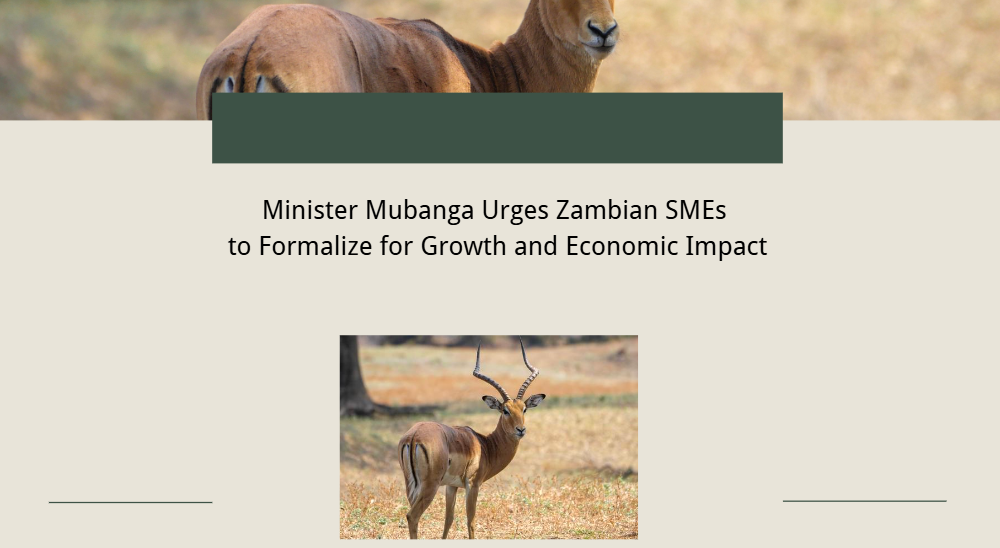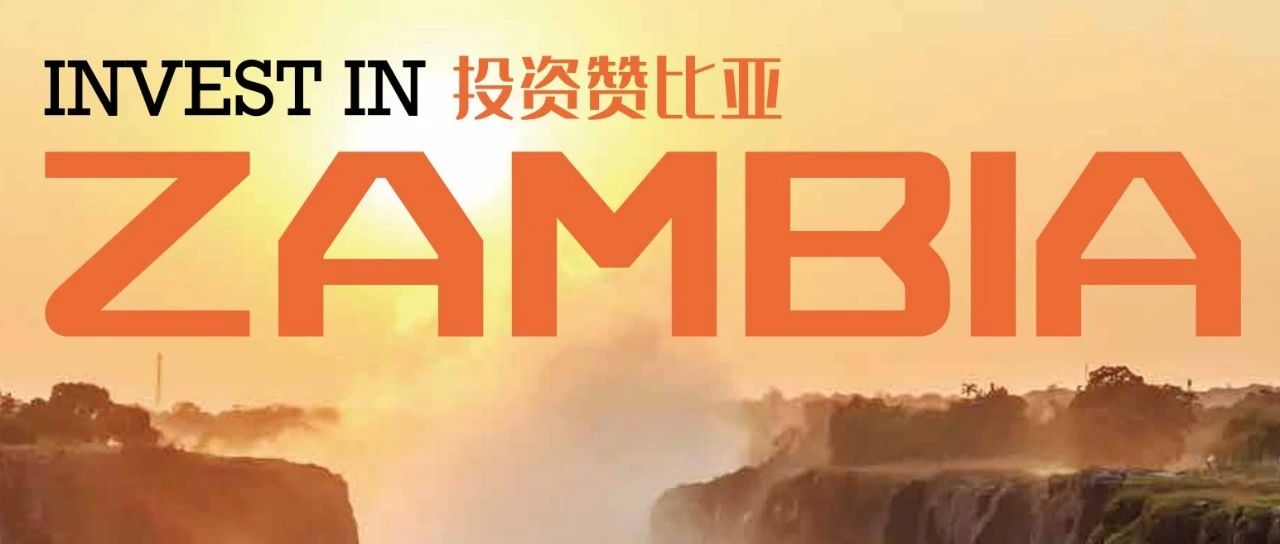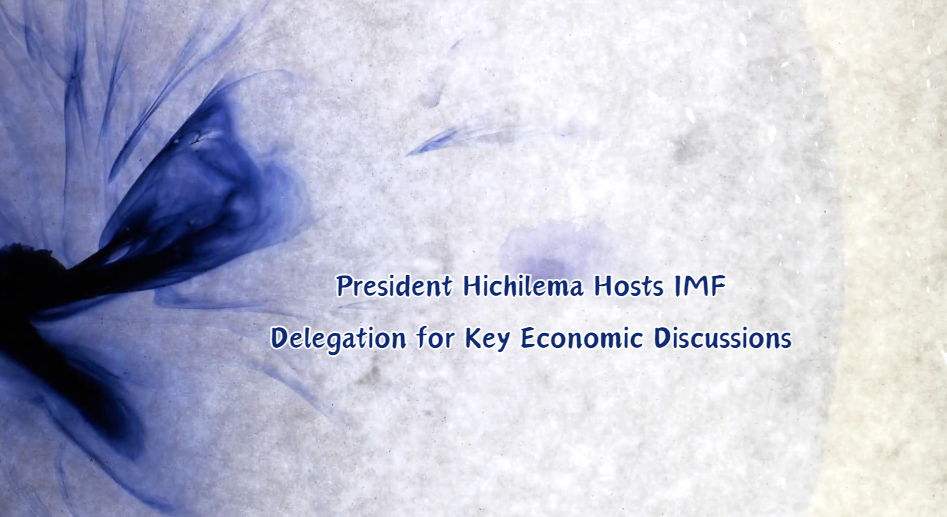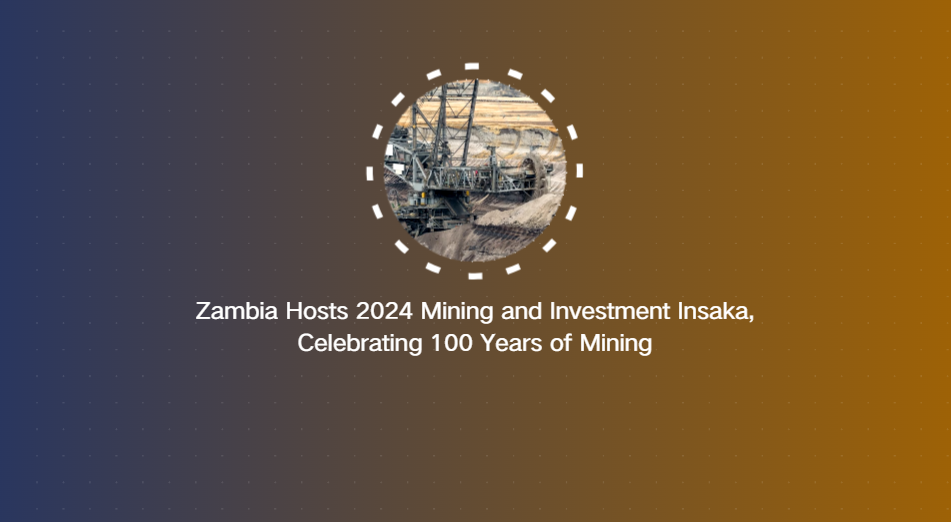Saudi Arabia Nears Stake in Zambia's Copper Mining
Yet, the environmental and social impacts of mining expansion in Zambia remain concerns for both sides. Copper mining can strain water resources, degrade local ecosystems, and affect surrounding communities. Zambia's government should enforce stringent environmental standards, and Saudi Arabia should support these initiatives, ensuring sustainable mining practices. Transparent policies and shared development goals could protect Zambia's environment and promote equitable growth in affected areas.
To maximize the economic gains, Zambia could reinvest mining revenues in community infrastructure, expanding schools, healthcare, and local businesses that strengthen the economy. Negotiations could also stipulate some local processing of copper, adding value domestically and generating more employment. At the same time, Zambia could look to diversify its economy beyond copper, encouraging investments in agriculture, tourism, and manufacturing to guard against the volatility of global commodity markets.
For Saudi Arabia, diversifying its international mining assets is key to resilience in a post-oil world. A stake in Zambia's copper industry positions Saudi Arabia within a critical sector, securing resources essential for its industrial ambitions and future technologies. As global economies shift towards sustainability, securing access to metals like copper is a crucial part of Saudi Arabia's strategy to lead in both mining and renewable energy.
Yet, the environmental and social impacts of mining expansion in Zambia remain concerns for both sides. Copper mining can strain water resources, degrade local ecosystems, and affect surrounding communities. Zambia's government should enforce stringent environmental standards, and Saudi Arabia should support these initiatives, ensuring sustainable mining practices. Transparent policies and shared development goals could protect Zambia's environment and promote equitable growth in affected areas.
To maximize the economic gains, Zambia could reinvest mining revenues in community infrastructure, expanding schools, healthcare, and local businesses that strengthen the economy. Negotiations could also stipulate some local processing of copper, adding value domestically and generating more employment. At the same time, Zambia could look to diversify its economy beyond copper, encouraging investments in agriculture, tourism, and manufacturing to guard against the volatility of global commodity markets.
For Saudi Arabia, diversifying its international mining assets is key to resilience in a post-oil world. A stake in Zambia's copper industry positions Saudi Arabia within a critical sector, securing resources essential for its industrial ambitions and future technologies. As global economies shift towards sustainability, securing access to metals like copper is a crucial part of Saudi Arabia’s strategy to lead in both mining and renewable energy.























































First, please LoginComment After ~